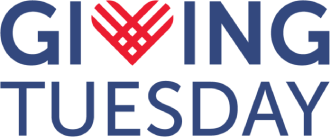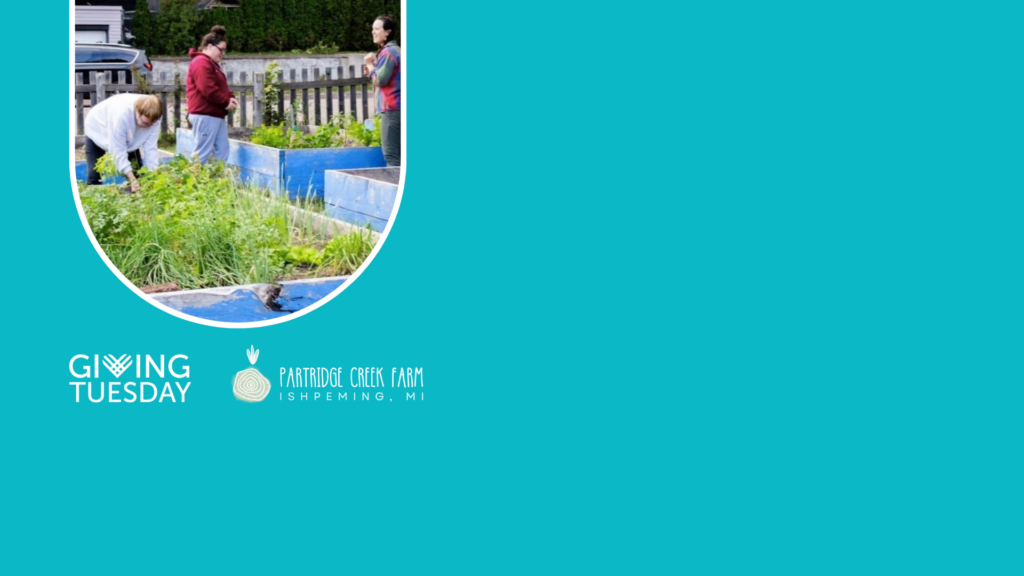By Asha Curran, CEO, GivingTuesday
This Op-Ed was originally published in Newsweek on March 11, 2021.
It was just a year ago, on March 11, that the World Health Organization declared COVID-19 a pandemic, confirming the rapidly spreading coronavirus would be a crisis unlike any other in recent history.
This was a declaration that would bind the world together and expose our key weaknesses in unexpected ways. One year later, just as we’ve experienced immense loss, fear and isolation, we’ve also seen the transformative power of generosity create healing, hope and optimism.
As we consider how we recover from this crisis, generosity must be at the heart of the society we rebuild together, unlocking dignity, opportunity and equity around the globe.
What we need is not incremental but radical generosity—generosity not as a benevolence that the haves show to the have-nots, but rather an expression of mutuality, solidarity and reciprocity.
Radical generosity transcends simply giving money—which unfortunately has yet to stop wars, suffering and inequity through the ages —and focuses our efforts to love, help, understand, offer hope and find new ways of healing at the root of our issues.
Radical generosity challenges us to reimagine our world from the ground up as a place where we don’t just work harder to alleviate all these harms but also one where we don’t tolerate them in the first place; it also challenges us to center others even in the smallest and most mundane aspects of our daily lives.
We have seen people driving extraordinary efforts to help frontline workers, establish thriving mutual aid networks, uplift communities disproportionately affected by the pandemic and economic crisis, address issues of food insecurity, foster new connections and understanding while continuing to drive giving and action for causes and communities.
When we act collectively—what we can, with what we have, from where we are—we can make massive change happen. We know it can work and our collective action has so much potential still untapped.
Through my organization GivingTuesday, we see people across all borders, sectors and beliefs come together as a global movement in shared moments to give, mobilizing communities and strengthening the ties that bind us together as a society.
In 2020, we saw unprecedented spikes in giving around the world during #GivingTuesdayNow on May 5 and Giving Tuesday on December 1. Imagine what we could do if we each embraced that spirit every day.
Our goal is to uncover grassroots innovation, emerging opportunities for collaboration and analyzing data to understand how radical generosity is happening and mobilize more people to act on this idea, just as we have with GivingTuesday throughout its nearly 10 year history.
Community leaders in Toronto inspired organizations, individuals and families to create chalk art offering messages of hope to passersby they may never meet. In communities around the world, people placed posters of hearts or rainbows in their windows to lift spirits of neighbors and essential workers, while others decided to extend kindness and connection through impromptu music performances, singing and playing on balconies, porches, curbs and more.
In Okinawa, Japan, military spouses filled the machines of a laundromat with quarters so those without funds could still wash their clothes. In Venezuela, citizens came together to distribute masks and safety equipment to those living on the street.
It’s this kind of generosity that illustrates that our neighbors should be clothed, fed, cared for and included, and this should not be restricted to the realm of nonprofits, governments, large corporations or wealthy individuals.
Philanthropic power is something each of us holds, even if we haven’t discovered it yet. Philanthropy’s true meaning, “love of humanity,” is within the capacity of every single human to practice, and the intentional practicing of it brings healing, forges strong bonds between people and strengthens communities.
Each of us has the power to be generous in new and unexpected ways that are truly transformational, not merely transactional. When we commit to thinking, “What good can I do today?” we begin to recognize how we are inextricably connected to others, and them to us.
We have an opportunity to rethink how we define, embody and unleash exponential generosity on our own terms beyond official structures. By actively caring for our fellow humans—through acts of kindness, mutual aid, volunteering, outreach, conversation or financial giving—we can build connections, bring forth equity and exercise empathy.
In the midst of this pandemic it can seem difficult to imagine what the world may look like a year from now, but we do have a clearer picture of what it will take to create the world we wish to see.
This pandemic will ultimately ebb, but our ability to create a future rooted in shared humanity remains in our hands and in our willingness to embrace the idea of radical generosity.



